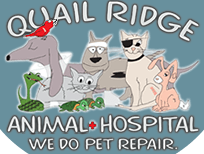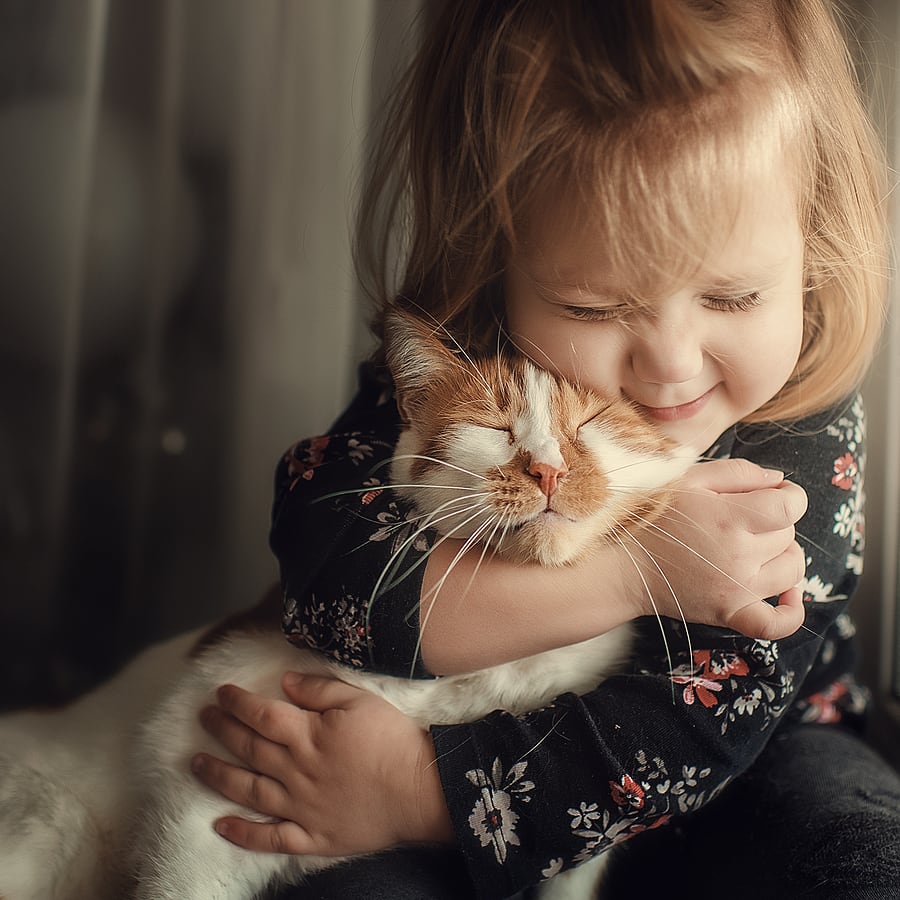We all want to show our pets how much we love them. One of the easier and most common ways to do that is to give them treats. This simple loving gesture, though, can have major consequences if it gets out of hand.
Did you know that over half of all pet cats and dogs are either overweight or obese? The numbers are unsettling, and they continue to trend upward. That means something needs to be done. Pet owners need to work to keep their pets healthy.
Consequences of Pet Obesity
Overweight and obese pets suffer from a number of health issues. These can include:
- Hypertension and heart issues
- Risk of diabetes
- Joint pain and reduced mobility
- Greater danger under anesthesia
- Difficulty breathing
- Higher risk of diseases like cancer and liver disease
- Heat intolerance
- Weakened immune system
How to Get and Keep your Pet at a Healthy Weight
If your pet is not currently overweight or obese, great job! You can work with your veterinarian on strategies for keeping your pet at a healthy weight as she ages.
If your pet is now overweight or obese, there are things you can do to help. The first step is to make an appointment at your animal hospital to talk with your vet. A full physical examination is necessary to evaluate your pet’s overall health before making changes in diet and exercise. At that point, you can develop a strategy with your vet to improve your pet’s conditioning.
Some of the steps your vet is likely to recommend for helping your pet lose weight include:
- Stop sharing human food with pets and switch to healthy treats made for them
- Start a veterinarian-recommended exercise program to get your pet moving
- Ask your vet for low-calorie foods that are appropriate for your pet
- Talk with your vet about the right food portions for your pet’s age and size
Loving your pet is what you do best. Focusing that love on healthy eating and exercise will help him stay healthy so you can enjoy more years together.

